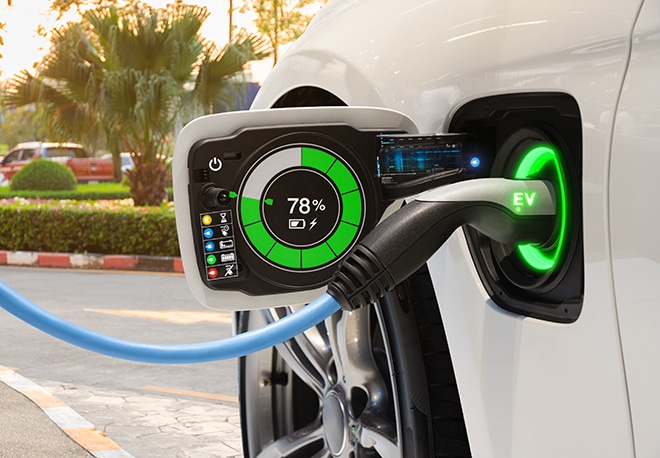Two-wheeler EV manufacturer Okinawa Autotech is reportedly planning to adopt the government’s open battery management system (Open-BMS) for EVs. According to an Okinawa Autotech spokesperson, Open-BMS “will improve the performance of the battery by knowing the real-time update of the battery and its cells.”
In the wake of recent incidents of EV fires, which involved the names of Okinawa Autotech, Ola Electric, Pure EV, Hero Electric, and even Tata Motors recently, the government has started narrowing down EV and battery manufacturers with new norms. Recent reports suggest that the government think tank NITI Aayog and the Department of Science & Technology (DST) have started working with the EV industry and academia to develop an open-source BMS for two- and three-wheeler EVs.
In simple terms, BMS technology ensures the safety of lithium-ion batteries. Placed inside the battery packs to monitor the battery and its cells, they regulate its current and voltage levels, operational state, and more, and ensure there is no overheating.
Formulating an open-source BMS is another step toward ensuring EV safety. There have been extensive discussions about how major Indian EV manufacturers import most of the equipment and the lack of R&D under Indian conditions. An Open-BMS system would be an essential step to developing the technology in India, per the country’s needs. The solution can also be modified by various entities according to their manufacturing requirements.
“The objective of this project is to develop a safer, robust, and easy-to-customize, agile, Open-BMS for local electric EV/battery manufacturers to empower them for developing BMS solutions specific to Indian conditions,” said Amitabh Kant. “As per primary discussions with Original Equipment Manufacturers, the industry is happy to explore BMS which is customised for Indian operating conditions and has shown keen interest to join hand with academia through the platform,” he added.
Over at the policy side, BIS has released new performance standards for EV batteries. The new standards are formulated after testing EV batteries under a myriad of parameters such as performance, reliability, and operation at varying temperatures.










































































